Asian actors and films are getting wider attention and recognition in the mainstream market like Hollywood today. What’s behind the sudden growth?

As the crowd watched, Michelle Yeoh, who had just celebrated her 60th birthday, walked slowly to Hollywood’s highest stage. She clutched the best actress Oscar statuette firmly with both hands and passed the hope to the next generation who have film dreams.
After 20 years’efforts in Hollywood, Michelle Yeoh rose from supporting role to first Asian best actress in Oscar. Now she was encouraging young boys and girls:”This is proof that dreams dream big, and dreams do come true, don’t let anybody tell you: you are ever past your prime. Never give up.”
“When I heard Michelle Yeoh’s speech at the Oscars, I was really moved. Regardless of race, seeing a woman standing there lets me realise I have countless possibilities and we can achieve a lot in the parallel universe,” said Dana Wang, an Asian girl studying film and TV production at the University of York.
“Asian actors have long been limited to supporting roles in Hollywood. The stereotypical Asian character was like waiters in restaurants,” Dana explained. “But the success of Michelle Yeoh and Everything Everywhere all at once show now young directors and actors have more space for creativity to break out of the stereotypes in Hollywood.”
For the first time in Oscar history, four Asian actors received nominations simultaneously in a single year. “I think now it’s a good time for Asian American creators,” said Michael Beery, professor of Asian Languages and Cultures in University of California, Los Angeles (UCLA).
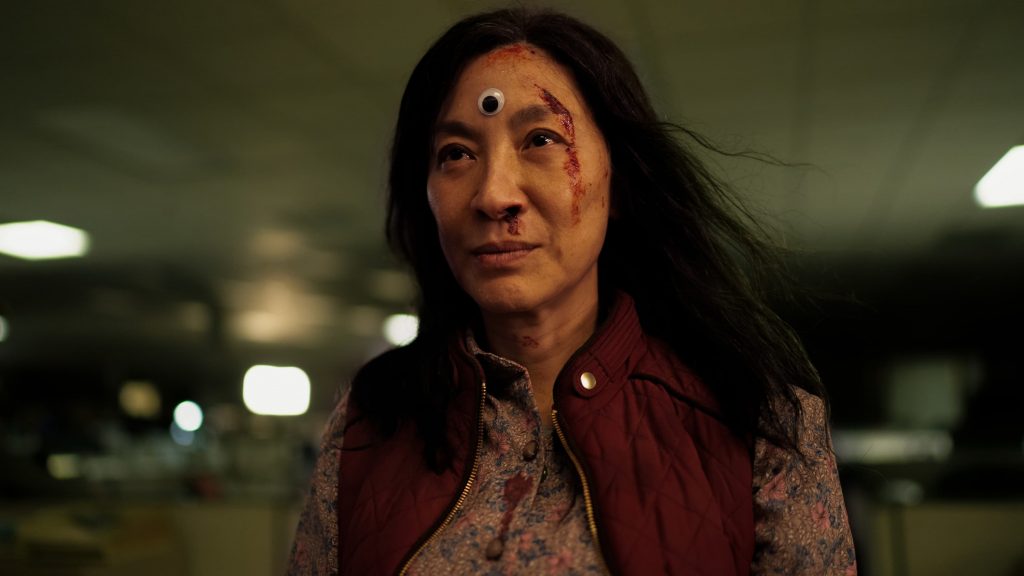
The underrepresentation of minorities in Hollywood has long been criticised. Activists from various ethnic communities in the American film industry have been speaking out against this, so does the Asian community.
“There’s been a seismic shift in Hollywood in terms of representation,” said Michael. “We’re seeing many activist movements among the Asian American community to make their voices more prominent and create a more even playing field.”
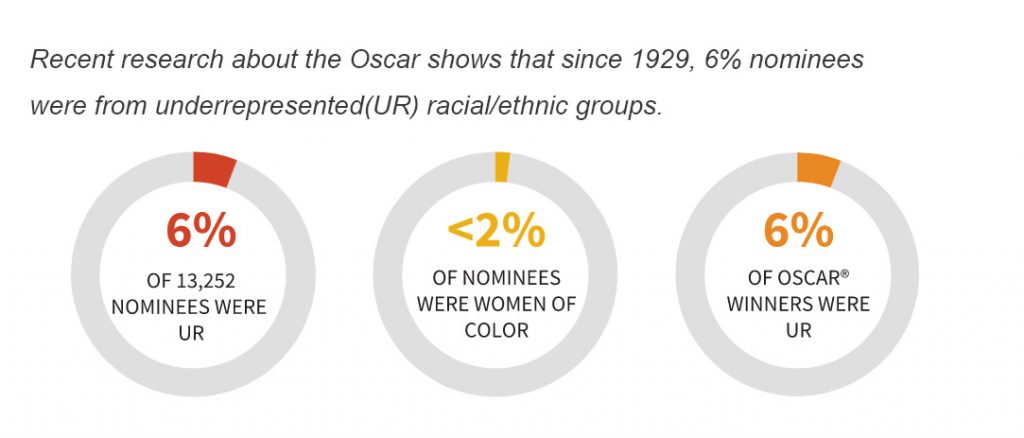
According to the Pew Research Center, racial and ethnic minorities made up 40% of the US. Today, the untapped market seems to have been captured. As the centre of the world’s largest film business, Hollywood’s expertise in market insight and film production is not even limited to the US, but is studied worldwide.
“The maturity of Hollywood is that they’re not just expressing American values, but they understand what the audiences want and have learnt how to please them,” said Arthur Jones, a British documentary filmmaker based in China.
He explained in the old days ethnic stories had to be super foreign, such as the darkest parts of Africa, since Hollywood only viewed white stories as the primary narratives. “Now there’s been a general interest in the experience of minority communities whose voices we don’t necessarily recognize before,” said Arthur.
Hence, more Asian American stories and actors turned up on the mainstream market, which pleased Dana as well. As a Chinese overseas student having film dreams, she got her own observations towards the industry she fascinated.
“I notice the distributor of Everything Everywhere All at Once is A24, an independent American production company with an unusual taste and expertise, who has mined many niche but successful works over the years, including the voices of many minorities and communities in America,” said Dana.
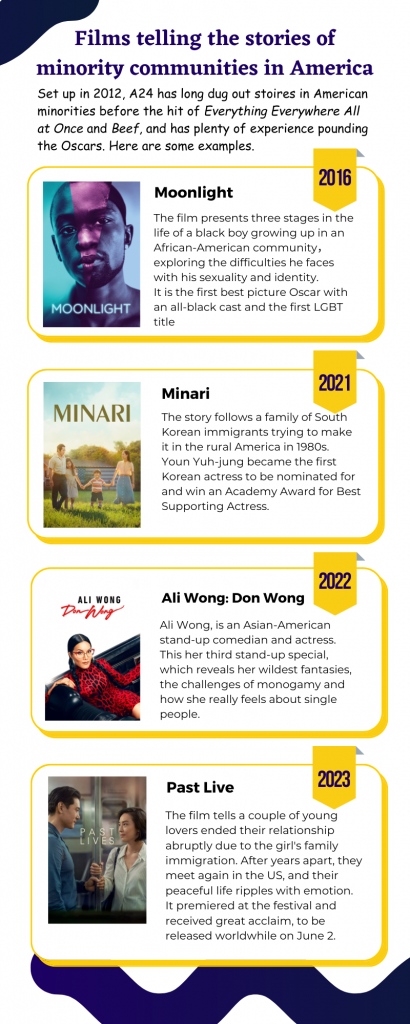
Dana came to the UK alone at her 18, in a class of over 90 students but only five minor ethnicities, the rest of whom were all white. “Naturally I feel a sense of identity with Asian actors and preferred series made by Asian teams and am eager to hear more diverse voices in the industry.”
Before the prevalence of films focusing on Asian immigrants, it was not easy for Chinese, even Asian films appearing in commercial cinemas in the west. The most successful one was probably Crouching Tiger, Hidden Dragon, filmed by Ann Li. Journal noted that it “pulled off the rare trifecta of critical acclaim, boffo box-office and gestalt shift.”
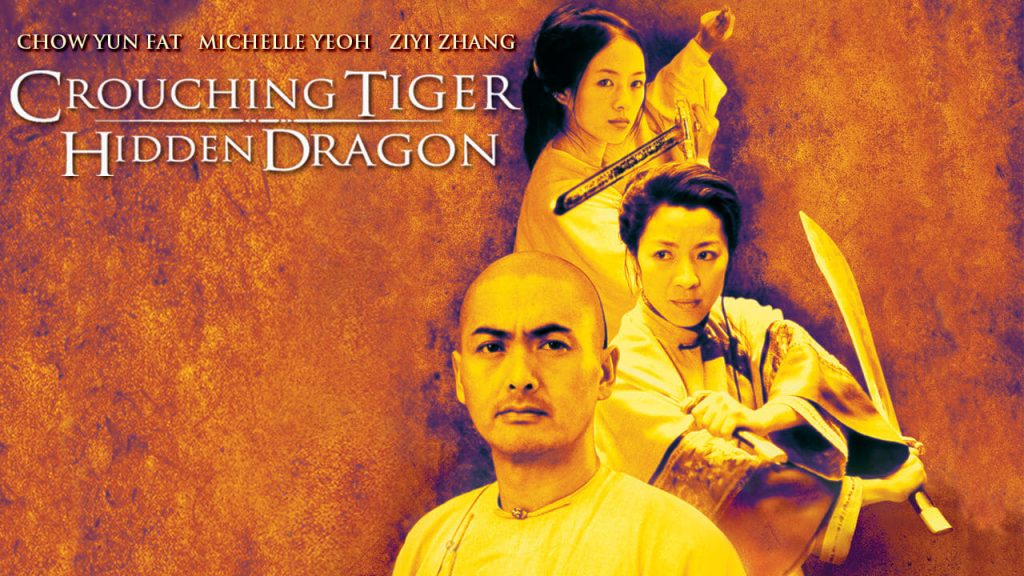
But some critics argued that Crouching Tiger, Hidden Dragon seemed to be written for the West, catering for western audiences such as Platonic love and Shakespeare’s dialogue. Dana has observed some changes in the perception of Asian stories among Western audiences.
“We’re seeing some Asian immigrants’ stories are quite popular, especially the first generation. They are a combination of Eastern value and Western background, which seems more acceptable abroad than contexts that convey a single Asian value,” said Dana.
One example is the hottest TV series in April, Beef. It tells a crazy revenge story triggered by a road rage between a Chinese American woman and a Korean American man. The contradictory personality and suppressed emotions of East Asians influenced by original families lit up audiences, even wider discussion back in mainland China.
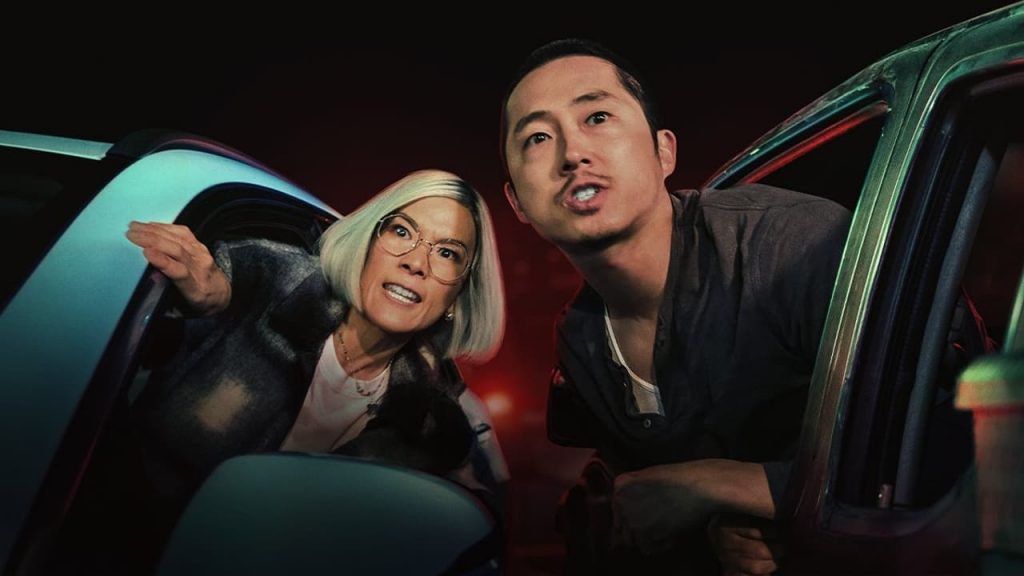
Researching film and digital media for long years, Michael noticed the hit of this dark comedy with nearly all Asian crew as well. He explained: “I think the average viewer just wants two hours’ escapism and a good story using visual language in a compelling way to get a unique experience.”
However, watching content without subtitles has long turned them off. The popularity of streaming media appears to have broken languages and regional barriers. Michael found the new generation has been used to watching non-English content with subtitles. It’s common to see Japanese anime and Korean series getting massive young advocates around the whole world.
“The evolution of streaming has opened up people’s tastes to be more receptive, ” said Michael. “We’re seeing that Korean content has been very successful globally, no matter in the music industry with K-pop, Korean dramas,and films.”

In Asian film, what really shocked the world was Parasite, which won both the Best Picture for Oscar and the Cannes Film in 2019. The acceptance allowed Parasite to enter both Hollywood and European markets, given a chance for global release.
The polarisation between the rich and the poor depicted in film reflects some real scenes of underclass in Korean society. Some critics commented Parasite captures the spirit of its time in a way few films ever have by nailing the dissatisfaction with the ruling elite, which has struck a global chord and sparked a wider interest in Korean, even Asian films and culture.
The success of Parasite is also commercial. Since then, Netflix increased investment in the Korean film industry, directly leading to the hit of Squid Game in 2021. Now it is Netflix’s most-watched series and the top-viewed program in 94 countries.
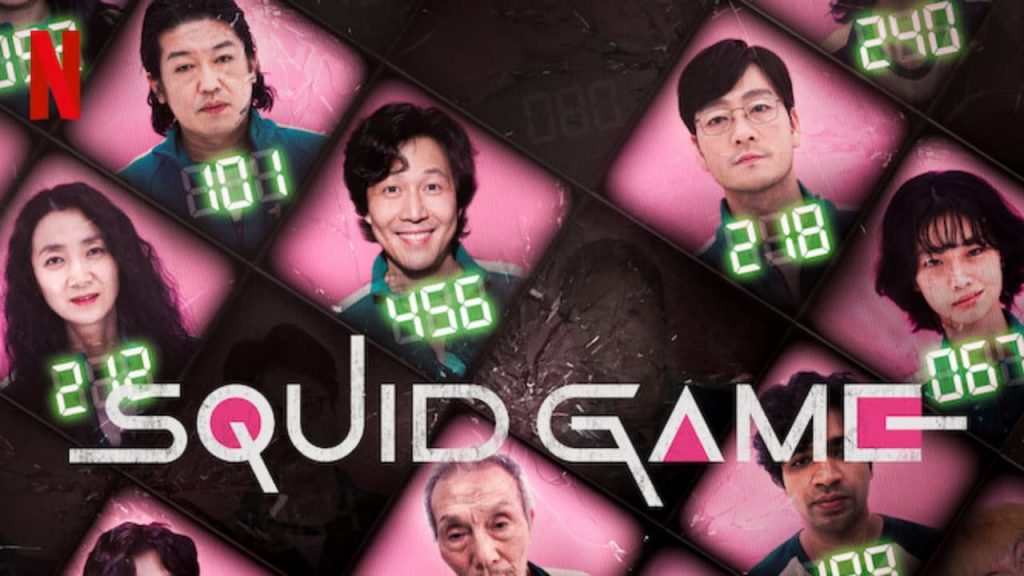
Although Asian films and actors are getting a lot of attention today, this sudden prevalence has raised some criticism and concerns in cinema, especially among Asian themself.
Dana thinks the popularity of Squid Games doesn’t mean the TV series itself is good or unique enough. It’s the trend of the time that has pushed them up.
“If you keep close eyes on Asian culture, you will find reality games and animation have been done in Japan for a long time; some hot narratives even have a similarity with Jinjiang Literature City, a major Chinese-language website for serialising online novels,” said Dana.
Aside from doubts about the originality and novelty, some subtle worries can’t help but arise among Asian immigrants’ minds, because the popular Asian images on western screens are always bringing a lot of troubles to their daily life in a foreign country.
Walter Chaw, a descendant of the first Chinese Americans, grew up in Colorado as the only Asian person in most environments he lived in. “ When I was a child, I was frequently asked if I knew Bruce Lee, who seems to represent all Asians in the Western eyes, only to do with Kung Fu.”
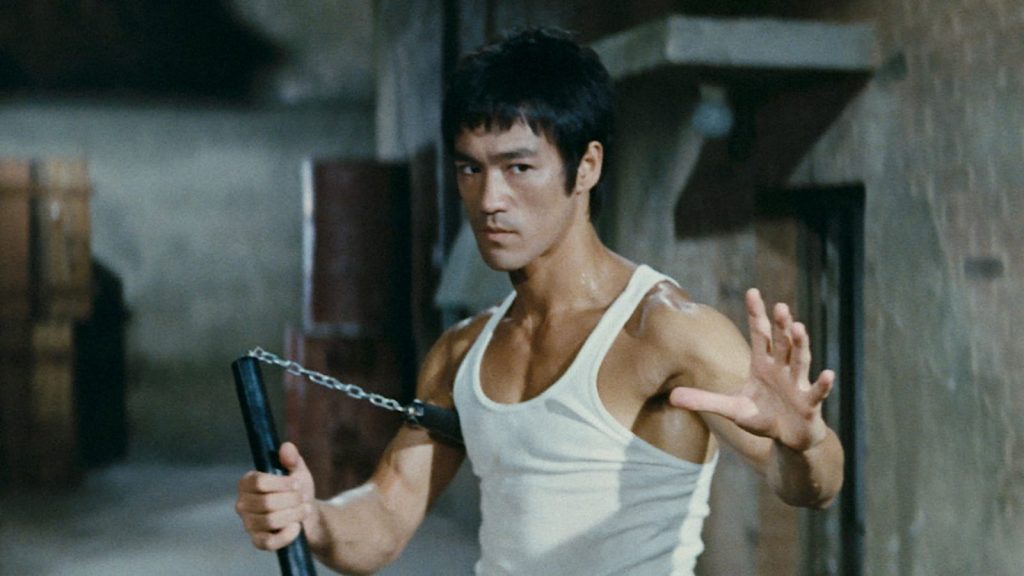
“I was a little bit anxious with some measure of fear — as the Parasite won the Oscar and provoked unprecedented discussion in the US,” Walter said to The New York Times.
As a film critic, Walter thought the victory of Parasite was a stunning moment for the Asian film industy. But despite the initial euphoric reaction from many Asian-Americans, the victory has nothing to do with Asian-American representation in Hollywood.
“Many of us hope the winner is Lulu Wang’s The Farewell, which gets right about the specific experience of being an Asian-American and captures exactly the feeling of being culturally homeless, that we are as foreign and alien in China as we are in the US,” said Walter.
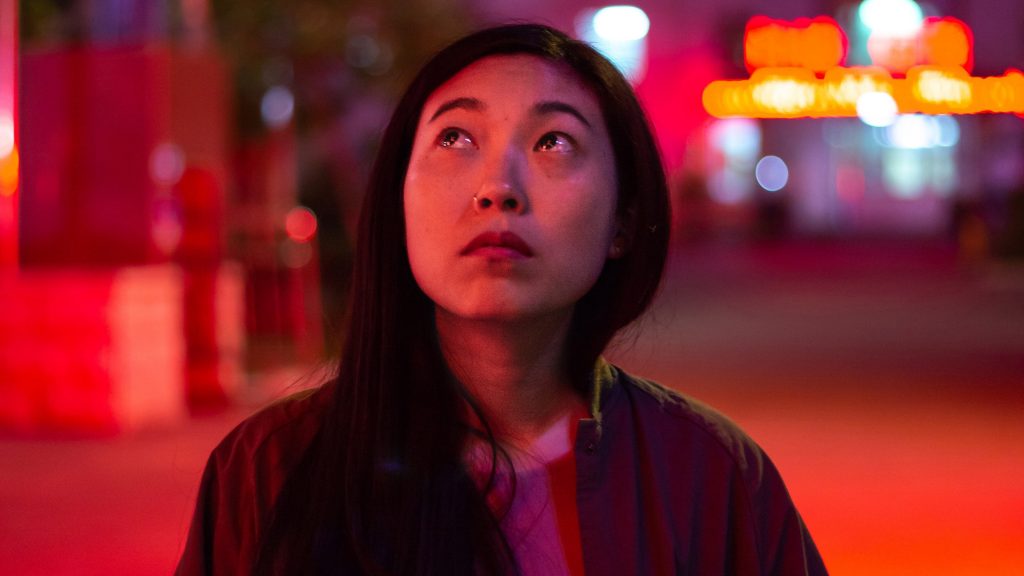
Distributed by A24, The Farewell is about a young Asian-American girl at a time of personal crisis is confronted with the widening cultural gulf between herself and her parents and grandmother.
Walter argued that the belief that there is only one Asian culture and not dozens, some with entrenched dislikes and prejudices against one another, has been one major source of misunderstanding between the East and the West.
Most Asian stories exploding in Hollywood today are actually from Asian immigrants. When Asian immigrants are unable to connect emotionally with their native contents, those living in Asia are unfamiliar with even the concept of “immigration”. After all, most Asian countries are not made up of immigrants.
“In some ways, The Farewell is not really anything to do with China or Asia, also not related to their immigrant experiences. They’re very American stories or they’re very whatever stories, it’s the same as Everything Everywhere All at Once. But they’re about what it means to be an immigrant so maybe that’s what it matters,” said Arthur.

Arthur has been in China for 25 years and now lives in Shanghai. The closest moment being with Chinese immigrants for Arthur is the time when he directed his documentary The Six with Steven Schwankert, the researcher leader of the project about the Chinese survivors on the Titanic in real history.
For a very long time, the Titanic has long been dominated by Western narratives, but it turns out that the famous Western love story was inspired by a Chinese immigrant.
There were eight Chinese people on the Titanic in real history, and six of them survived. The last survivor, Fang Lang lying on a door in the sea was rescued by the returning ship, which became the inspiration for Rose’s rescue in the film Titanic.
The Six records the process of seeking and research, which reveals what happened to those earliest Chinese immigrants in the US. Fang Lang lived his life incognito till death due to the Chinese Exclusion Act of 1882. It was not until a hundred years after the Titanic’s sinking that the voice of the Asian was heard.
It seems that more and more Asian immigrants’ voices emerge in Hollywood today. “We are seeing a kind of real shift taking place here,” said Michael. But we should also keep in mind, a lot of the shift is still Asian American voices as opposed to more global voices,but there is still a long way to go.”

